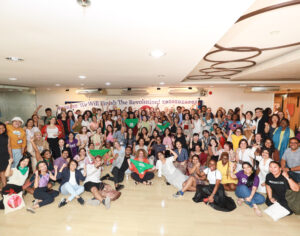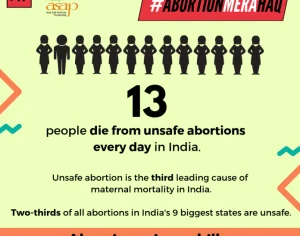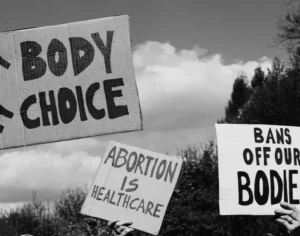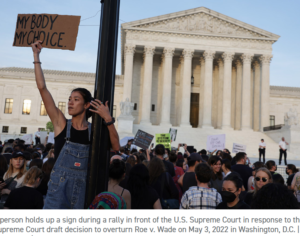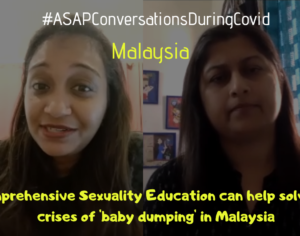Choice and Life Misunderstood
The international debate on abortion unfortunately pits “life” against “choice.” The former is a powerful, and evocative word, which is largely standing in the way of the real problem: unsafe abortions, and women’s right to survival.
“Pro-life” is a misnomer, and it does women many a disservice. By bringing up the rights of the unborn, it fails to respect the rights of the living. It also makes their choices seem selfish, decontextualizes women’s stories, and strips their narrative off its complexities.
For instance, I once met a 30-something woman seeking an abortion. In her mid-20s, after she’d been told she was infertile, she’d coaxed her husband to adopt a boy and a girl. Then, on a routine visit to her gynecologist, she discovered was carrying twins. After much deliberation she settled on abortion. She and her husband could afford to educate only two children. She decided to terminate her twin pregnancies and tie her tubes so she could do justice by her adopted children, and give them all she’d promised. Luckily, this woman found a caregiver who understood her needs.
Behind every decision to get an abortion is just as complex a story. But not all women find the help they need. Take young Shamin from Pakistan. As a young, unwed mother, she was driven by stigma and shame to seek the aid of an untrained caregiver. Shamin died from infections she contracted, when part of the fetus stayed inside her. (Read full story here: The Guardian, May 30).
Several Shamins die everyday because of the lack of medical support. So, it’s great to see feminists consciously adopt the term “anti-choice” to address conservative groups that are against legalizing abortion.
But what does it mean to be “pro-choice?”
To feminists, it means honoring a woman’s right to live, by getting rid of laws that make safe abortions unavailable. (Abortion as a feminist choice on Kafila )
In 2011, Anand Grover, UN Special Rapporteur to the Human Rights Council wrote in his report (read full report):
“Criminal laws penalizing and restricting induced abortion are the paradigmatic examples of impermissible barriers to the realization of women’s right to health and must be eliminated.”
Also, One could really be anti-abortion but pro-choice. This would mean that an individual is willing to respect the choice of another even if he or she might have chosen differently under similar circumstances. Several Christian groups that are pro-choice in fact endorse this view, and work toward reducing the need for abortions through comprehensive sex education.
But for others, being pro-choice, is about being able to deliver women their right to a fulfilling and complete life. As, Dr. George Tiller, who was fatally shot on May 31 2009 for supporting late abortions, famously said, “Abortion is about women’s hopes and dreams. Abortion is a matter of survival for women.”
Also read this wonderful tribute to Dr. George Tiller on The Abortioneers.

